-

The Little Book of Girls Fairy Tales
₦1,000- Hardcover: 64 pages
- Publisher: Papercraft (2014)
- ASIN: B00PXKM63G
- Package Dimensions: 6.8 x 5.3 x 0.5 inches
-
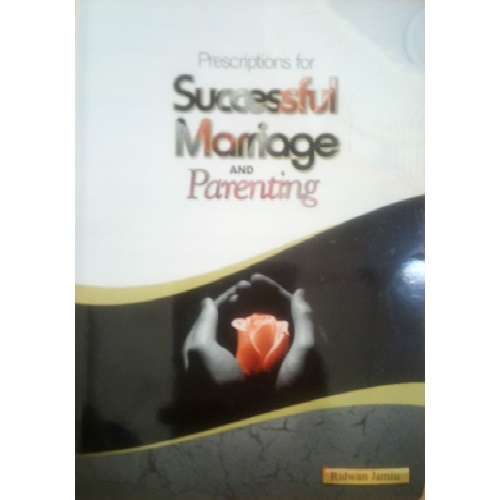
Prescriptions for Successful Marriage and Parenting
₦1,000Prescriptions for Successful Marriage and Parenting
-

The Secret in the Love for God by Osman Nuri Topbas
₦1,000The greatest fruit of the blessing of faith is to look at creation with the eyes of the Creator and to approach all creatures with love. This elevates the life of a human being to higher levels and causes him or her to enter a world of forgiveness, mercy and love.
-
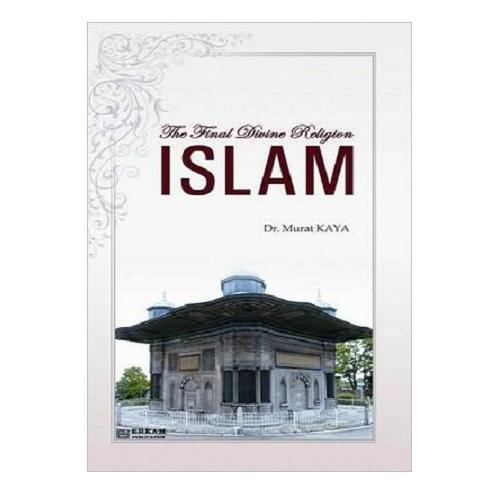
The Final Divine Religion Islam- by Dr. Murat Kaya
₦1,000- Paperback: 131 pages
- Publisher: Erkam Publishing (2012)
- Language: English
- ISBN-10: 9944831026
- ISBN-13: 978-9944831024
-
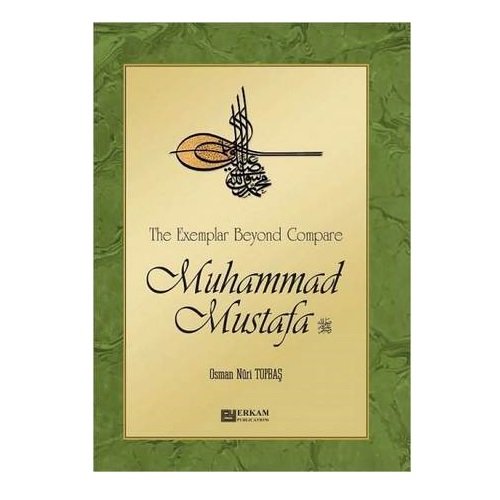
The Exemplar Beyond Compare Muhammad Mustafa By Osman Nuri Topbaş
₦1,000His deeds of worship, manners, propriety, courage and compassion all mirror his characteristic of being the quintessential example; so too, his social relations and his conduct towards orphans, the elderly, women and the underprivileged.
-
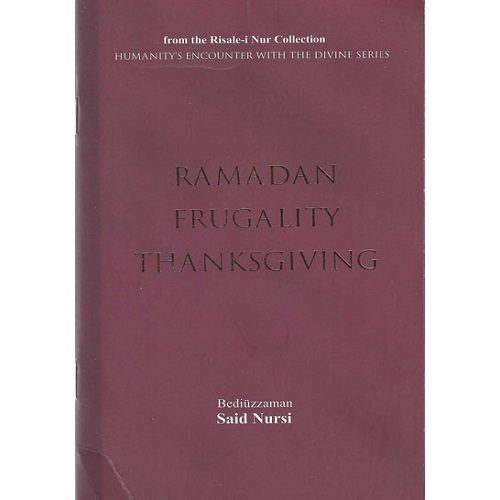
-
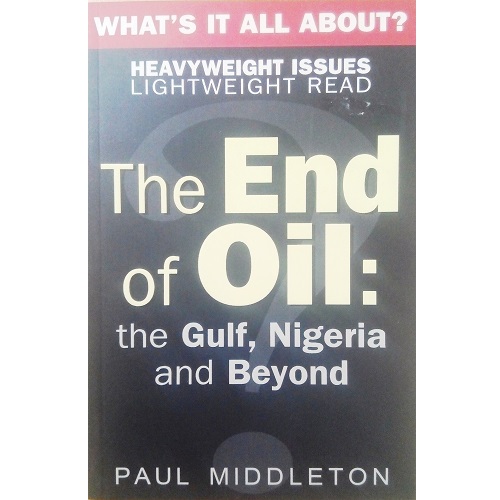
The End of Oil: The Gulf, Nigeria and Beyond by Paul Middleton
₦1,000The End of Oil: The Gulf, Nigeria and Beyond by Paul Middleton
-

-

Clarion Garlic Capsules
₦1,000Clarion garlic offers all the benefits of garlic oil without its pungent smell. Clarion garlic strengthens the immune system as well as fight chest infections, cough and congestion. Clarion garlic is very effective in the treatment of hyperthyroid conditions and in combination with vitamin C, is used to treat scurvy. Clarion garlic also has immense benefits on the cardiovascular system as it helps cholesterol control, removal of plaque in the blood vessels and alleviating symptoms of a number of cardiovascular diseases. It also offers additional anti-infective properties and prevention of a range of tumors and cancers. Clarion garlic also assists diabetics as it enhances the level of insulin.
-

-
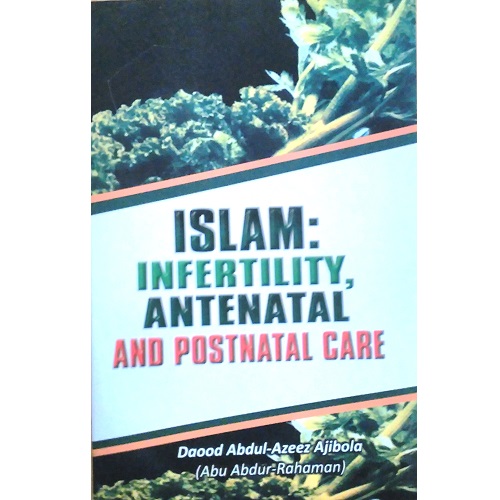
ISLAM: Infertility Antenatal and Postnatal Care by Daood Abdul-Azeez Ajibola
₦1,000ISLAM: Infertility Antenatal and Postnatal Care by Daood Abdul-Azeez Ajibola
-

Who Says Government Has No Business in Business?
₦1,000Nigeria in the 70s was looked upon as adequately ebdowed with great potentials to become one of the emerging economies alongside countries like India, Malaysia, Brazil, South Korea, Iran amongst others and more importantly as a beacon of hope for sub-Saharan Africa and the Black nations. All these aforementioned counties have lived uo to expectations and in some cases surpassed them. Nigeria has refused to grow and develop. it still depends wholly on imports for its equipment, plant and machineries, spares, food and even fuel to move her citizen around. This book x-rays the Industrial Revolution, the processes and routes undertaken by other nations to indutrialize and bring porsperity to their reverse the situation in Nigeria. this in debth exposition clearly indicate that government do have business in business. Who is then saying government has no business in business? This book is a must read for all Nigerians especially those who are yearning and waiting for this dream and aspiration of all the Black nations of the World to be fulfilled in this entity called Nigeria.
